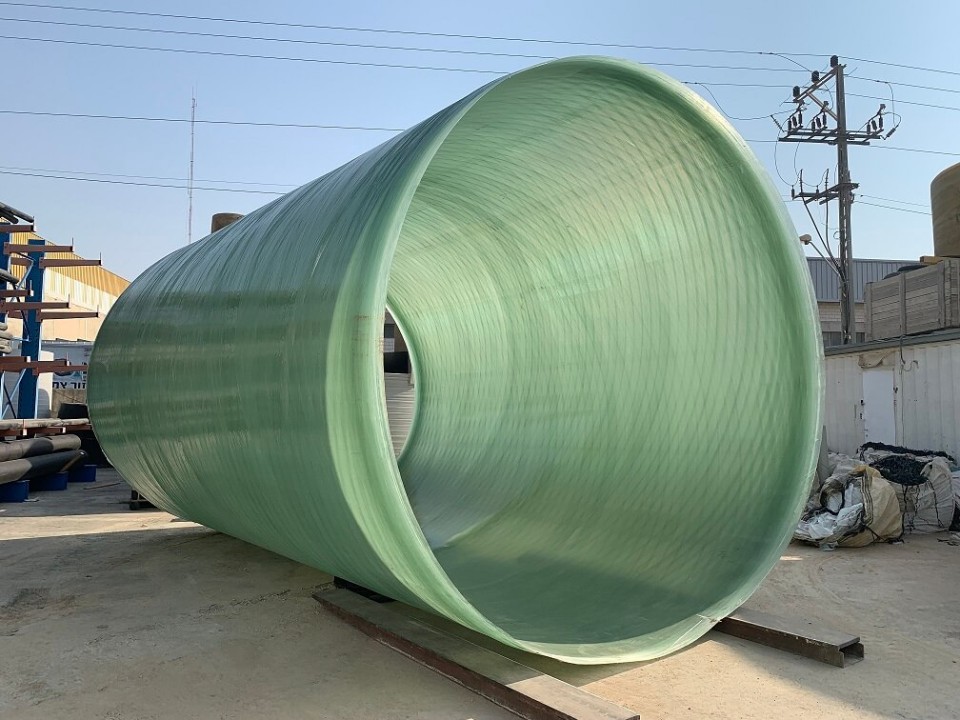When it comes to versatile materials, fiberglass stands out as a top performer, serving a broad spectrum of industries, from construction and automotive to marine and electronics. Known for its impressive strength-to-weight ratio, fiberglass is both lightweight and incredibly durable, making it ideal for applications that demand resilience without adding unnecessary bulk. Whether for insulation, reinforcement, or structural support, fiberglass delivers outstanding results that contribute to safer, more efficient designs.
The Strength Behind Fiberglass
Unlike many materials, fiberglass combines resilience and flexibility, providing durability even under challenging conditions. Composed of fine fibers of glass woven into a composite, fiberglass exhibits high tensile strength, ensuring structures remain intact even under considerable stress. Its resistance to corrosion, rust, and moisture makes it a preferred material in environments exposed to harsh weather, chemicals, and fluctuating temperatures. This longevity reduces the need for frequent repairs or replacements, lowering maintenance costs in both industrial and consumer applications.
Lightweight Advantage
Fiberglass offers an impressive balance of strength and weight, making it indispensable in sectors like aerospace and transportation. Traditional metals can often add unwanted weight, affecting fuel efficiency and handling. Fiberglass, however, is lightweight, significantly reducing structural load without compromising strength. This characteristic allows manufacturers to design energy-efficient products that offer high performance and contribute to sustainability goals. For instance, in the automotive industry, using fiberglass parts helps improve fuel economy by cutting down on the vehicle’s overall weight.
Applications That Demand Fiberglass
Fiberglass has found applications in diverse industries thanks to its adaptability. In construction, it’s used in roofing, insulation, and wall panels, enhancing building longevity while providing essential thermal properties. Fiberglass (ไฟเบอร์กลาส, which is the term in Thai) also plays a crucial role in marine applications, where resistance to saltwater corrosion is paramount. From boat hulls to fishing rods, the material withstands environmental challenges while ensuring durability. In sports equipment, its lightweight nature allows for easy handling, offering athletes the performance edge they need.
Eco-Friendly and Cost-Effective
As sustainability becomes a focal point, fiberglass stands out as an eco-conscious choice. Its long life reduces waste, while its energy-efficient properties contribute to lower operational costs. Additionally, fiberglass production has evolved to become more sustainable, with many manufacturers implementing recycling programs to minimize environmental impact.
Conclusion
Fiberglass is the material of choice for countless applications, combining durability, lightness, and adaptability. Its unique properties support innovation across industries, from automotive and construction to sports and marine. For those seeking a resilient, cost-effective, and sustainable material, fiberglass consistently proves to be the ideal solution.

